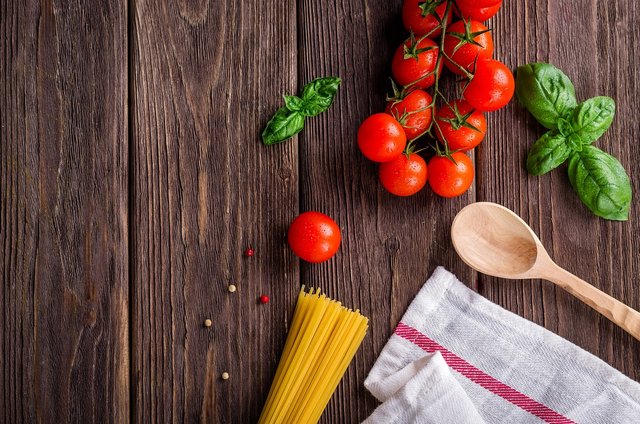How to Eat Healthy on a Limited Budget

How to Eat Healthy on a Limited Budget
Eating healthy doesn’t always have to be expensive. It’s absolutely possible to maintain a balanced and nutritious diet without straining your budget. All it takes is a few habit changes and a bit of planning. Here are 19 practical tips to help you eat healthy without overspending:
First, pay attention to your shopping habits. Create a weekly meal plan in advance and stick to a shopping list. In most grocery stores, fresh and healthy items are located on the outer aisles—try to shop mostly from those sections. Avoid shopping when you’re hungry, as this increases the chance of buying unnecessary items. Have a small snack before going out to curb your hunger.
Unprocessed foods are generally cheaper and more nutritious. For example, dried legumes or a whole chicken are more affordable than their canned or pre-sliced counterparts. By avoiding processed and ready-to-eat foods, you can protect both your health and your wallet.
Keep an eye out for discounts and stock up on ingredients you use frequently, especially non-perishable items. For fruits and vegetables, buying what's in season is usually more cost-effective and flavorful. You can also freeze extra produce to avoid waste.
Buying in bulk can save money in the long run. Grains, legumes, dried fruits, and some nuts are ideal for bulk purchasing. Additionally, choosing store-brand products can give you the same quality for a lower price.
Meat is often one of the most expensive items in a grocery basket. Consider using more affordable meat options or replacing meat a few days a week with eggs, legumes, or canned fish. Frozen fruits and vegetables are just as nutritious as fresh ones and are available year-round.
Cooking at home is significantly cheaper than eating out. By preparing large portions, you can have multiple meals ready and save time. Make use of leftovers or freeze them to prevent waste. Taking homemade meals to work instead of buying lunch can also lead to major savings.
If possible, grow some of your own food at home. Tomatoes, onions, and fresh herbs are easy to grow on a balcony or in a small space, and they can reduce your grocery costs over time.
In conclusion, eating healthy doesn’t require a big budget. With smart planning, mindful shopping, and conscious choices, you can build a healthy and economical eating routine. This approach won’t just benefit your daily life—it will also have a positive long-term impact on your health and overall quality of life.